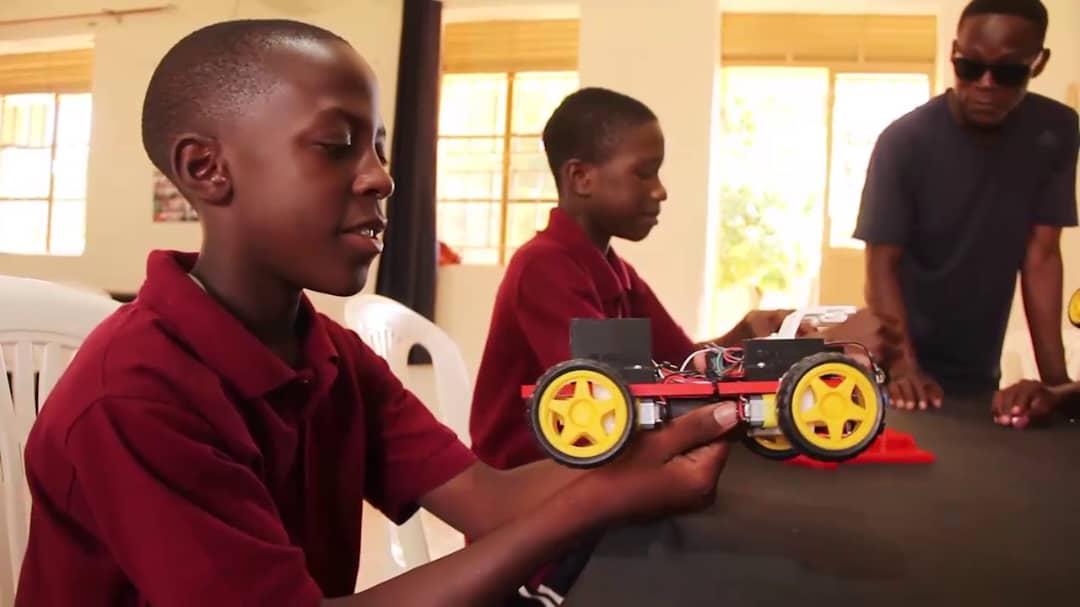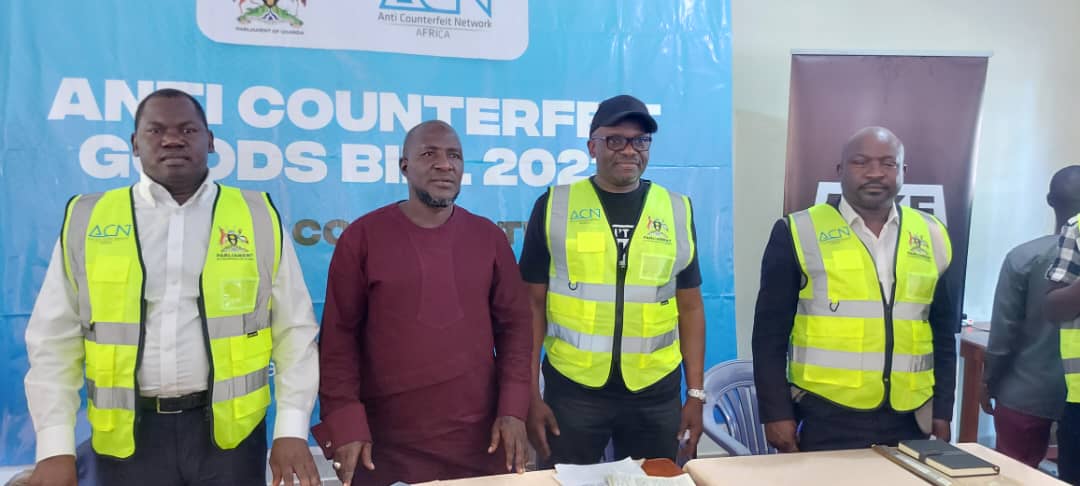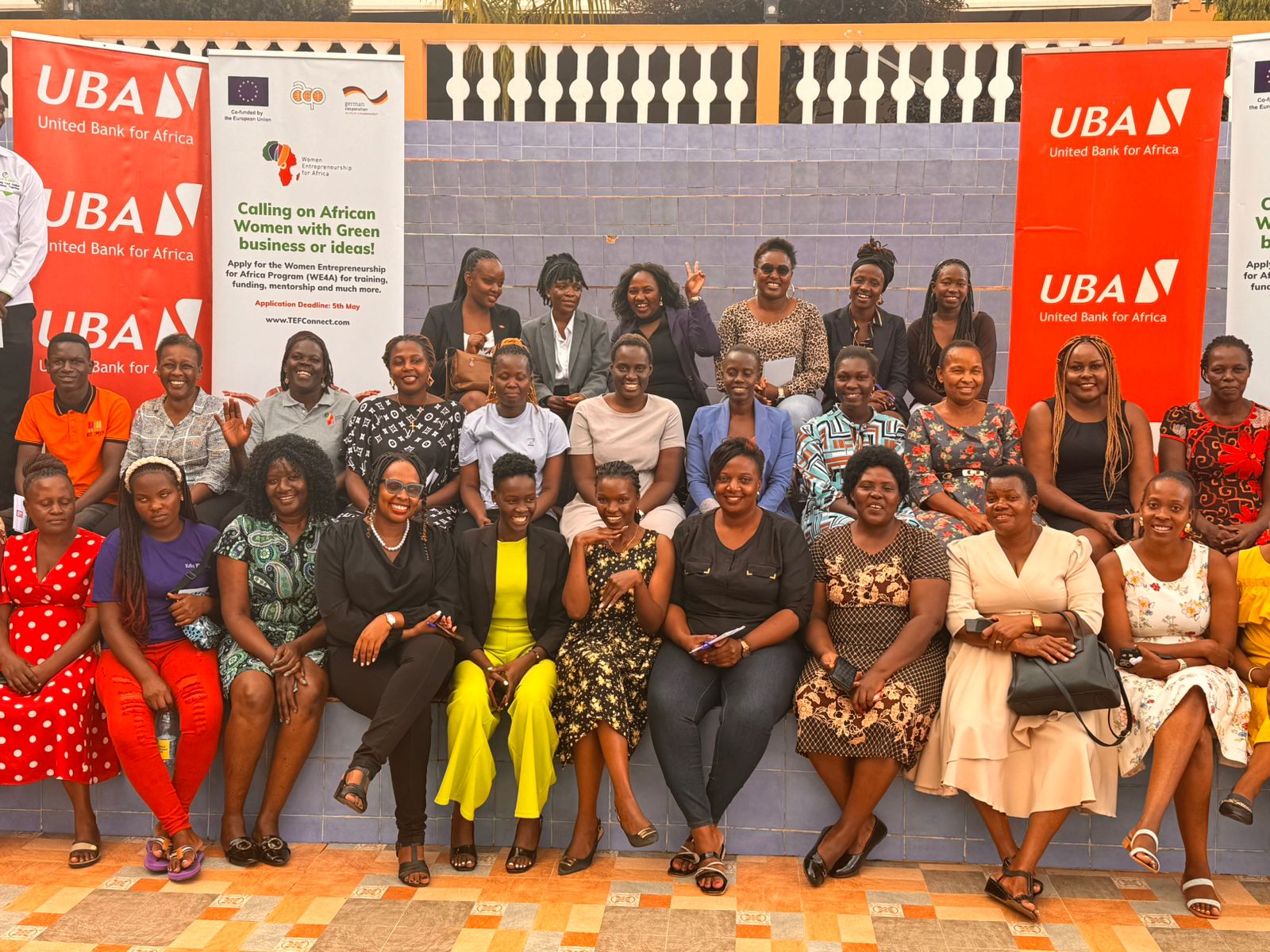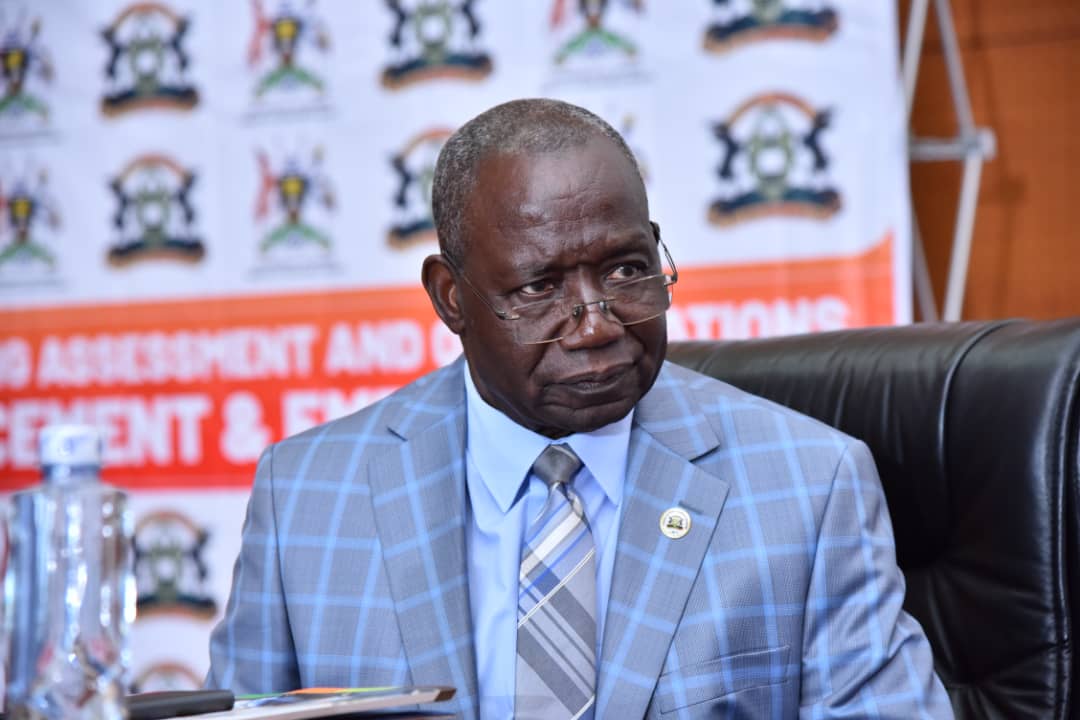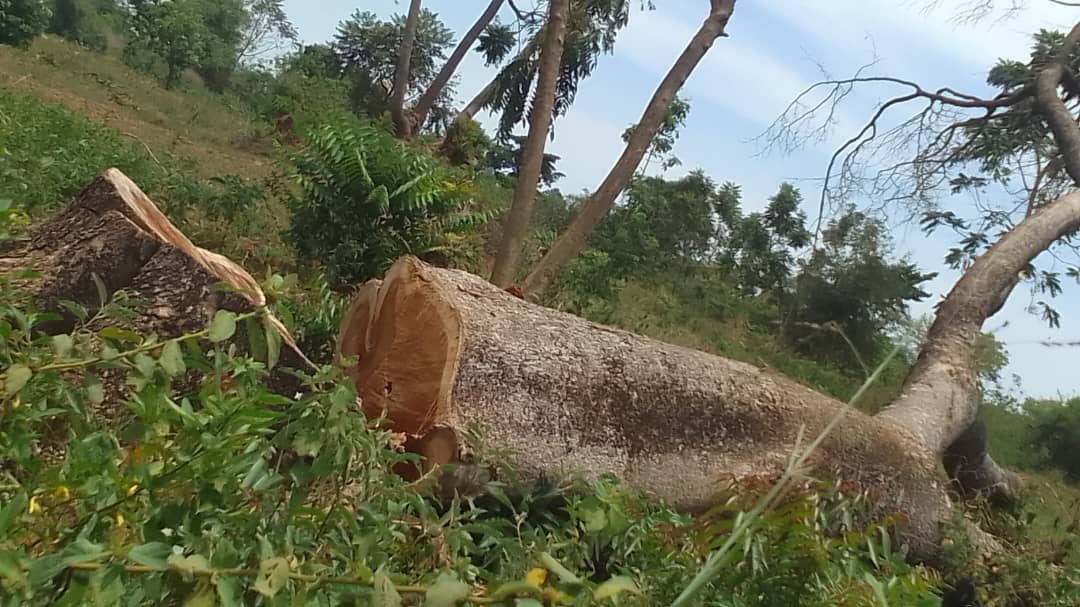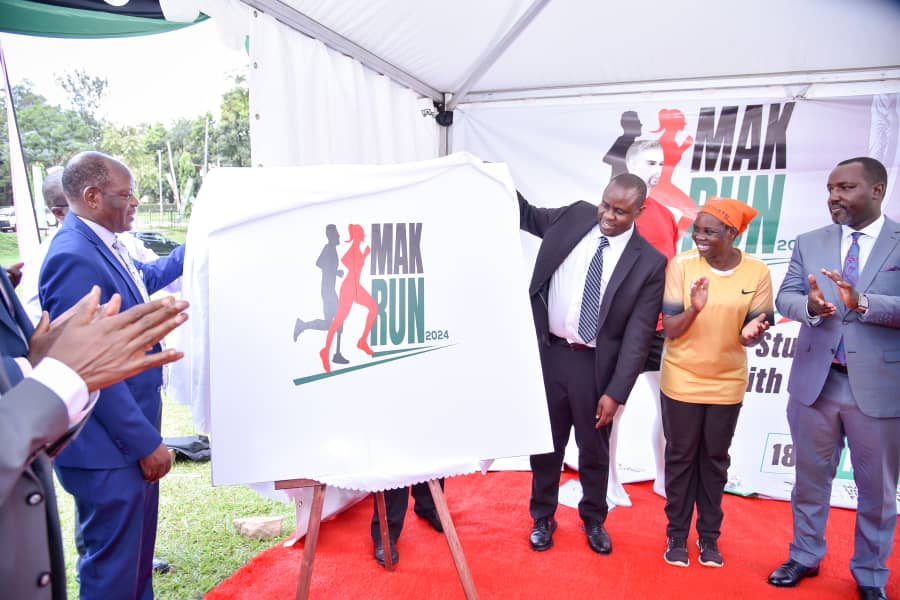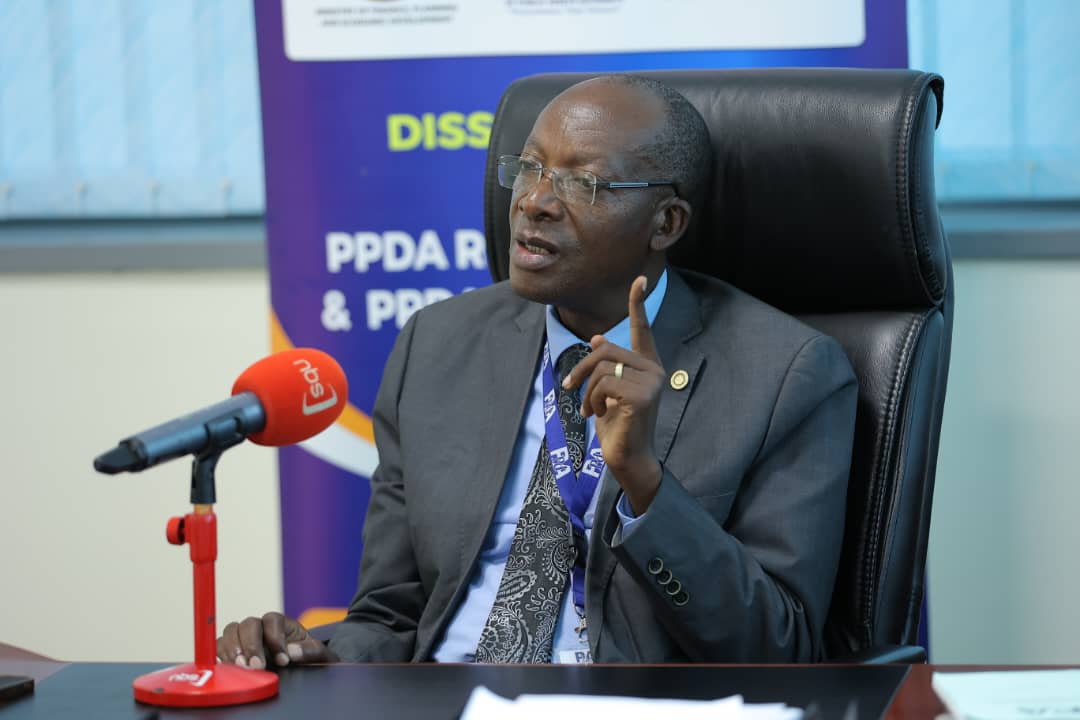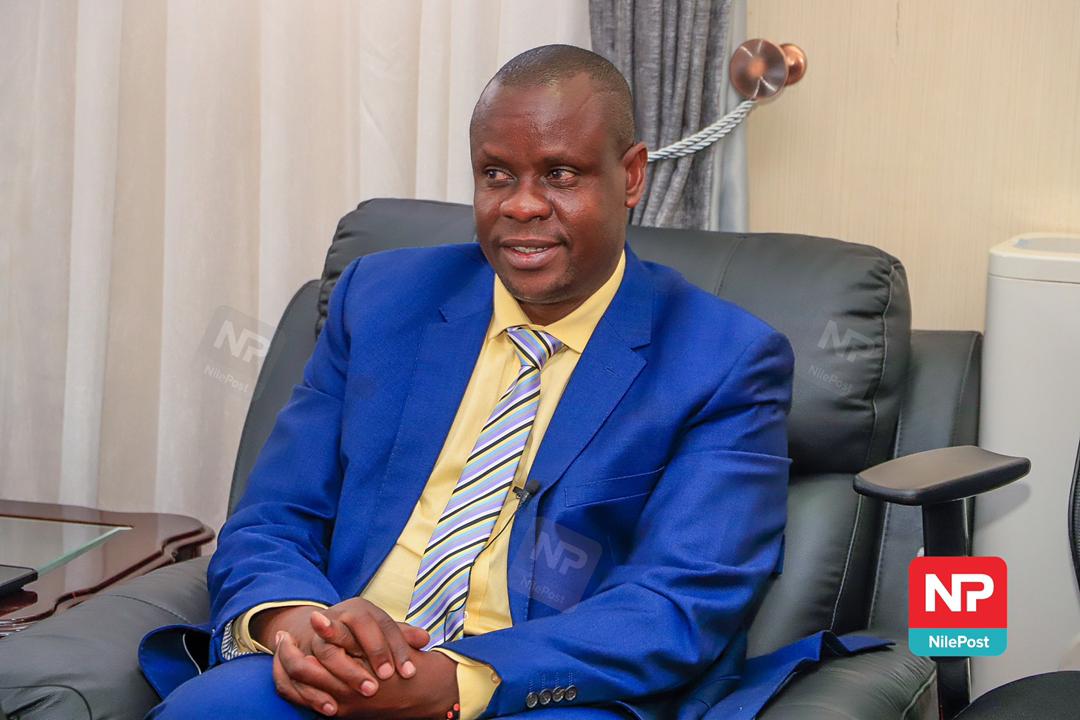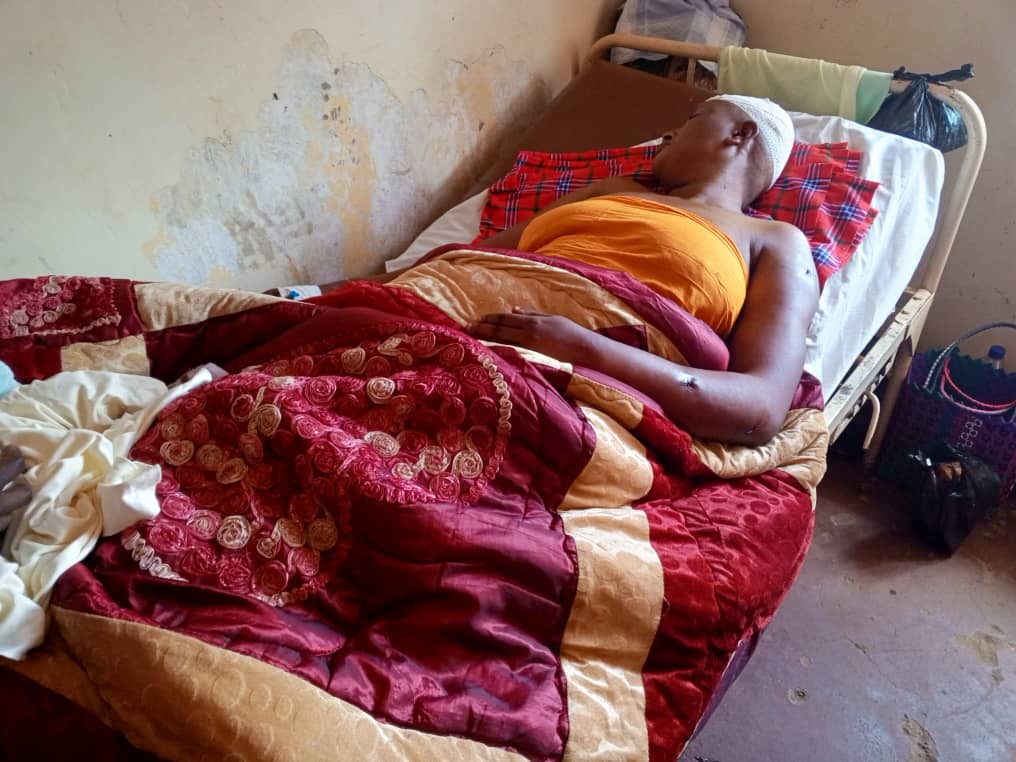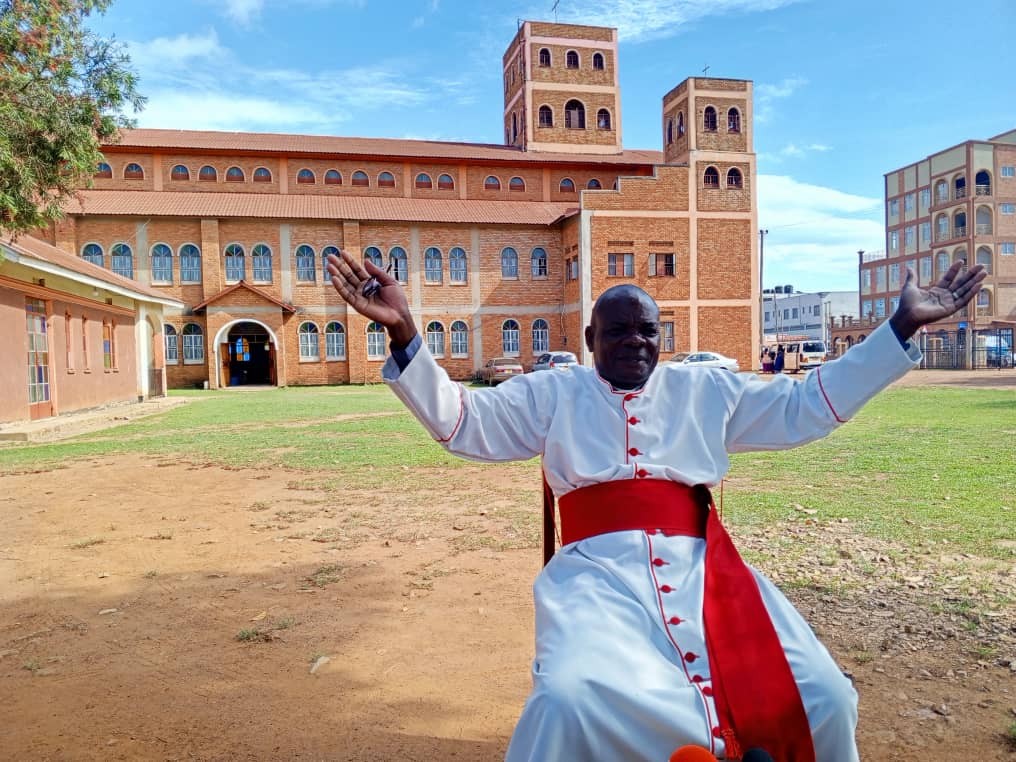“Why rush to have elections when Coronavirus is still with us?”- Tumukunde
Former Security Minister and presidential hopeful, Lt. Gen.Henry Tumukunde has said the Electoral Commission should not rush to hold elections when the Coronavirus pandemic is still raging.
The Electoral Commission chairperson, Justice Simon Byabakama last week said mass campaigns will not be allowed during the forthcoming elections but rather candidates will campaign on radios, TVs, and social media in what has been christened the “scientific campaigns” to limit the spread of Coronavirus.
Keep Reading
On Wednesday, the former spymaster joined the list of other politicians especially from the opposition to reject the virtual campaigns asking EC to postpone the polls until it is safe.
“Everyone seeing that this is a pandemic. If it was not so, you would not have cared to shift the conduct of the election. If the situation is not normal, something else needs to be done. The pandemic is the reason we cannot carry out fully-fledged elections. What are we now rushing for,” Tumukunde said during a press conference at his office in Kampala.
Amendments
The Electoral Commission chairman last week maintained the 2021 polls will have to go on as planned but noted that in the revised roadmap, candidates will not be allowed to organize mass rallies for campaigns because this would violate the Ministry of Health and World Health Organisation guidelines to combat the spread of the virus.
"All campaigns have to be conducted in that manner (through media) because some of our political actors are undisciplined. The safest way is to say no to gatherings,” Byabakama said last Tuesday.
He noted that there will be standard operating procedures including wearing of facemasks, washing of hands, and social distancing among others to be followed on election day.
However, Tumukunde told journalists that for the revised roadmap to be implemented, the Electoral Commission ought to have amended the law to cater for that.
He insisted that such abnormal times require amendment of the law to cater for the abnormalities.
“Essentially, you can’t change the method of campaigning without changing the law. This is not a normal situation. If it was one, there would not be a need to conduct campaigns in such a manner. If it is an abnormal situation, the law says something about it.”
“If there is social distancing and other measures to prevent the spread of the virus, how will you deliver voting materials effectively? If in normal circumstances we find difficulties in delivering materials in time, how about in such a time,” he wondered.
The former spymaster wondered what would happen in case one of the Electoral Commission officials got infected with the virus amidst the election yet it was not provided for in the law.
“What if you discover that an area chairman is sick, what happens? If the virus has put developed societies like the UK, US, and Brazil to their knees, do we have power and control over it?”
Legal battles
Just like many have predicted legal battles if the election is held in such a fashion as announced by the Electoral Commission, Tumukunde said it will have a big impact on the credibility of the election body.
He explained that in courts of law, the EC will be condemned for not conducting a free and fair election, a thing he said can be avoided by postponing the polls to allow the situation normalize.
This government is here because there was a mismanaged election. We don’t want a repeat of a mismanaged election. Let the Electoral Commission find importance in legitimacy and credibility of the election,” he said.
Media
Whereas the Electoral Commission said candidates will use various media platforms for campaigns, the former spymaster said neither government nor the election body has control over the various houses.
“Who owns these radios? Do they belong to the government of Uganda? Who says what belongs to the government belongs to EC? Does EC have powers over these radios and TVs? The media is private ownership and is like a shirt. You can’t tell the owner how they should wear it even if it is upside down. What if the rules apply that he who pays the piper, calls the tune,” Tumukunde questioned the election body.
He however asked that at stakeholders should be invited for dialogue so they can explain their views on how to conduct a free and fair election in 2021.
Tumukunde insisted that there is nothing to rush about with the election when the country is still suffering from a pandemic.
The Electoral Commission spokesperson, Jotham Taremwa recently said they don't require anyone’s advice before coming up with an election roadmap.
“When the electoral commission is preparing an electoral program, it does not require to subject that decision to anyone’s opinion. We don’t require anybody’s permission as per article 61 of the constitution to tell us to release a program or not. It can only be done through an amendment,” Taremwa said.
“What we do under the law and in exercising our mandate as per the constitution when you release a program, you subject it to stakeholders.”
He explained that stakeholders and other members of the public can send in their views about the election roadmap after it has been released and not before.
This way, Taremwa said amendments can be done but within the time limits as given by the Electoral Commission.
What the law says
Article 6l(2) of the Constitution stipulates that the Electoral Commission shall hold presidential, general parliamentary and local government council elections within the first 30 days of the last 122 days before the expiration of the term of office of the President, Parliament or Local Government Council, as the case may be.
In the current set up, the first 30 days of the last 122 days will be between January,10 and February 8, 2021
However, Article 77(4) of the Constitution provides that where circumstances exist which would prevent a normal general election from being held, Parliament may, by resolution supported by not less than two-thirds of all members of Parliament, extend the life of Parliament for a period not exceeding six months at a time.


